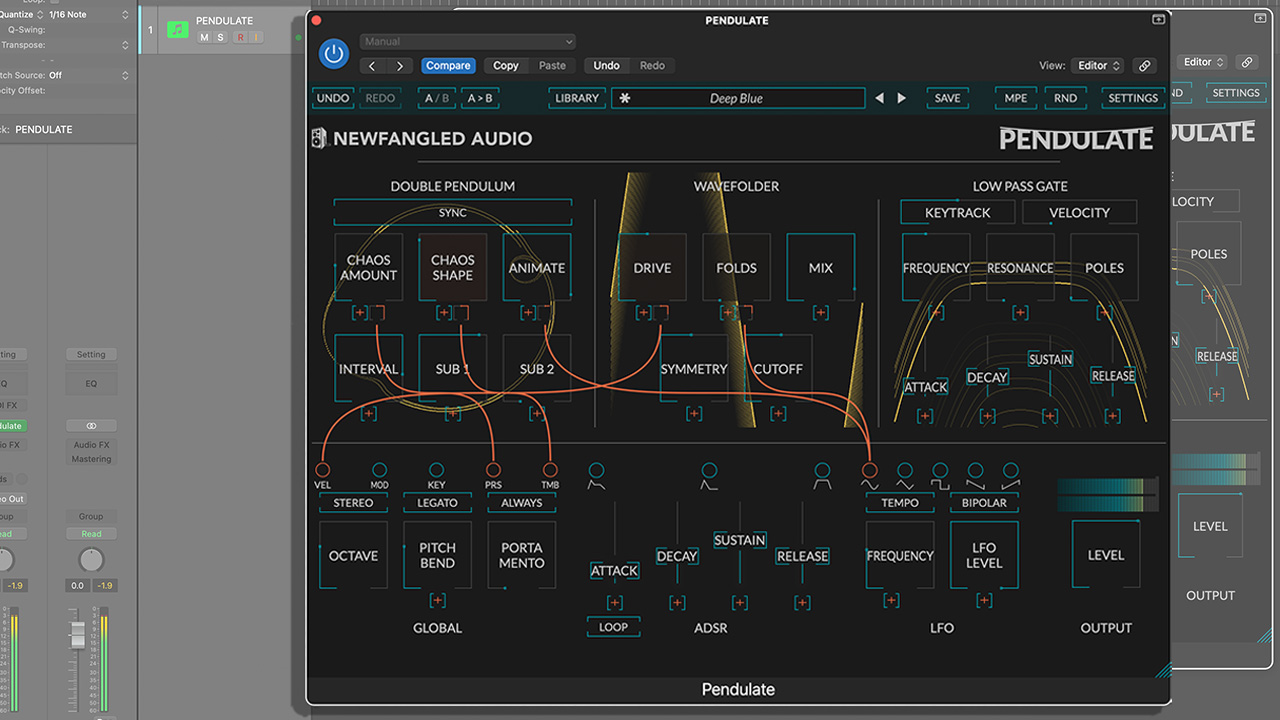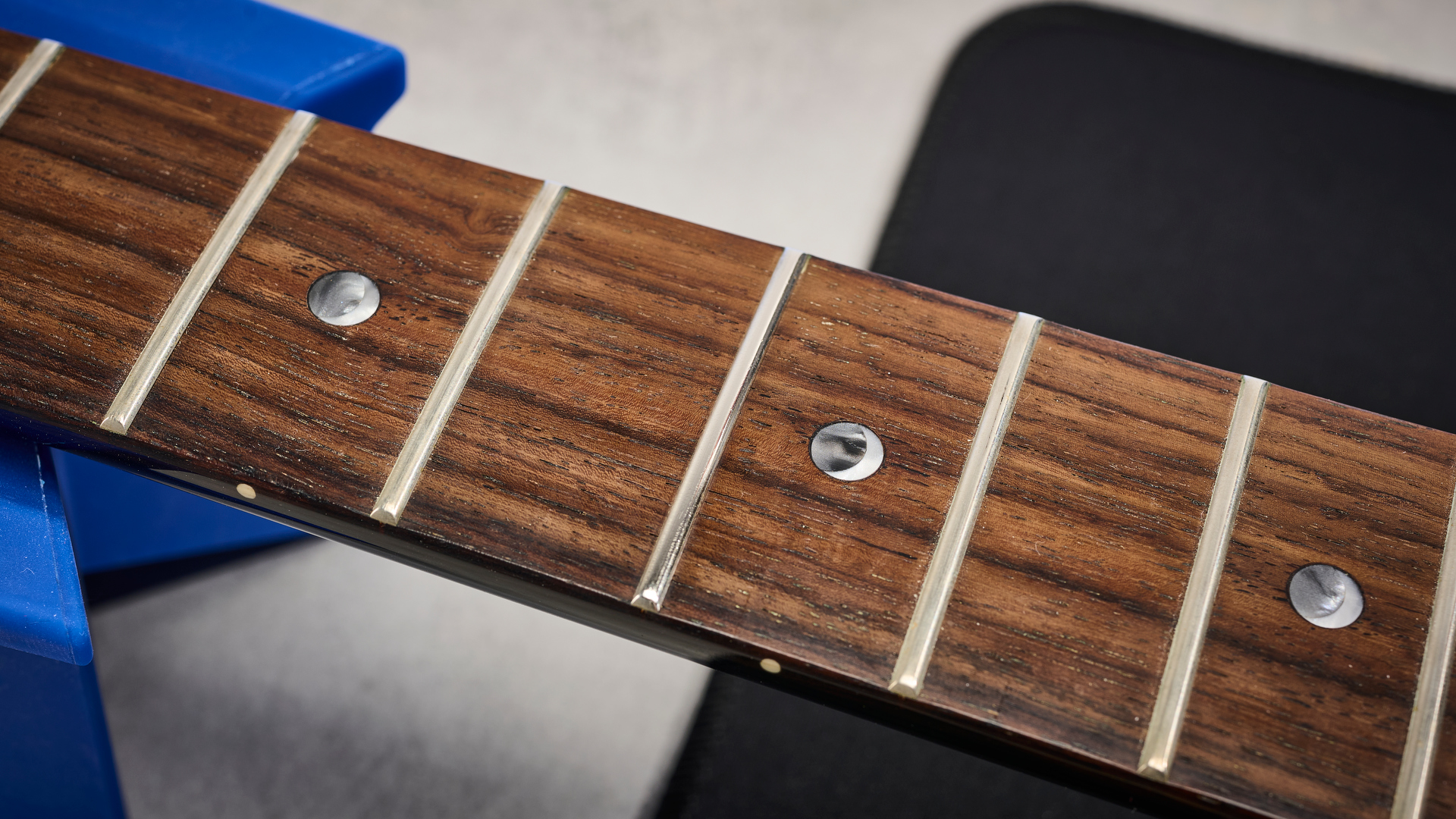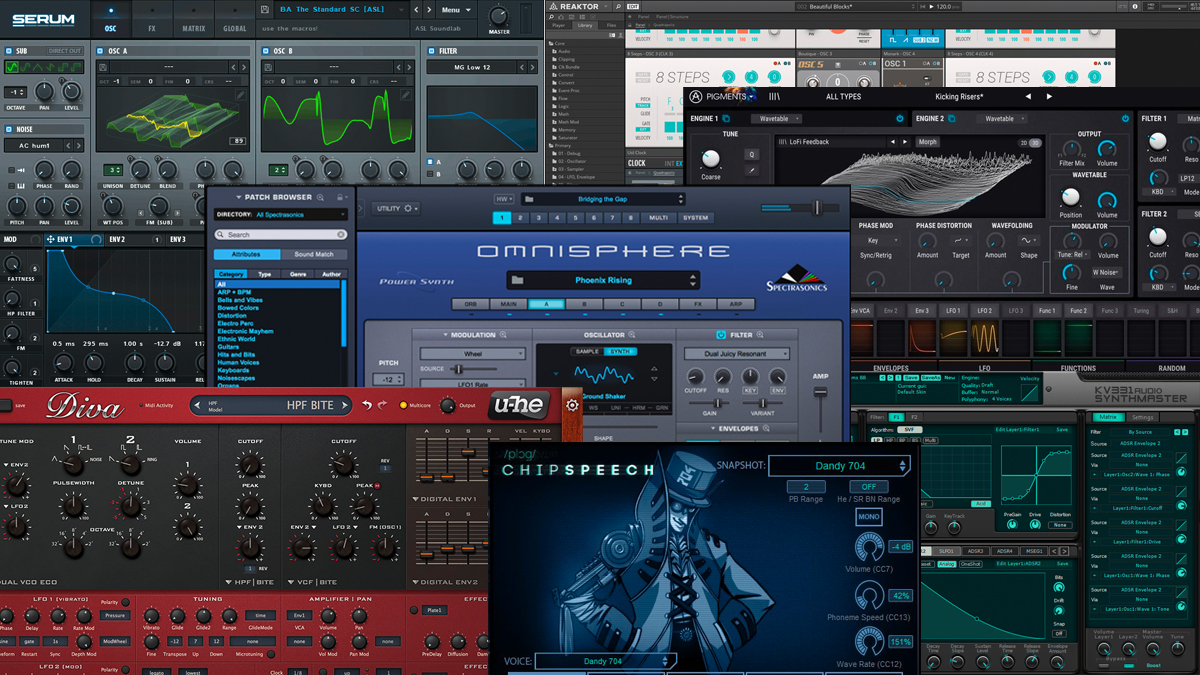8 tips to help bassists to stay inspired and freshen up their playing
Staying creative as a bass player, both solo and with other musicians

There are only so many YouTube bass guitar tutorials we can watch, or bassless backing tracks we can jam along with before we yearn for something more.
With that in mind, here are eight tips to help you stay motivated and inspired while both playing alone and with other musicians.
1. Play along to a live drummer
Drummers are a bass player's best friend, and vice versa. Even if you are stuck at home with nobody to jam with at the moment, there's a real benefit to playing along to a rhythm that is crafted by another human.
Try seeking out videos or recordings of live drummers behind the kit rather than the cold, mechanical nature of a click track or a programmed drum loop that keeps the perfect tempo. The dream of any bass player is obviously to play with a drummer who is metronome tight, but music is meant to have a human element. It is only natural for songs to ebb and flow, and being able to stay locked in with a lively, spirited drummer will make you a better bass player in the long run.
There's benefit to playing along to a metronome too, purely from a perspective of technical improvement, but having that human element to practice with is equally as important and an often overlooked part of the journey for better technique.
2. Play with a pick
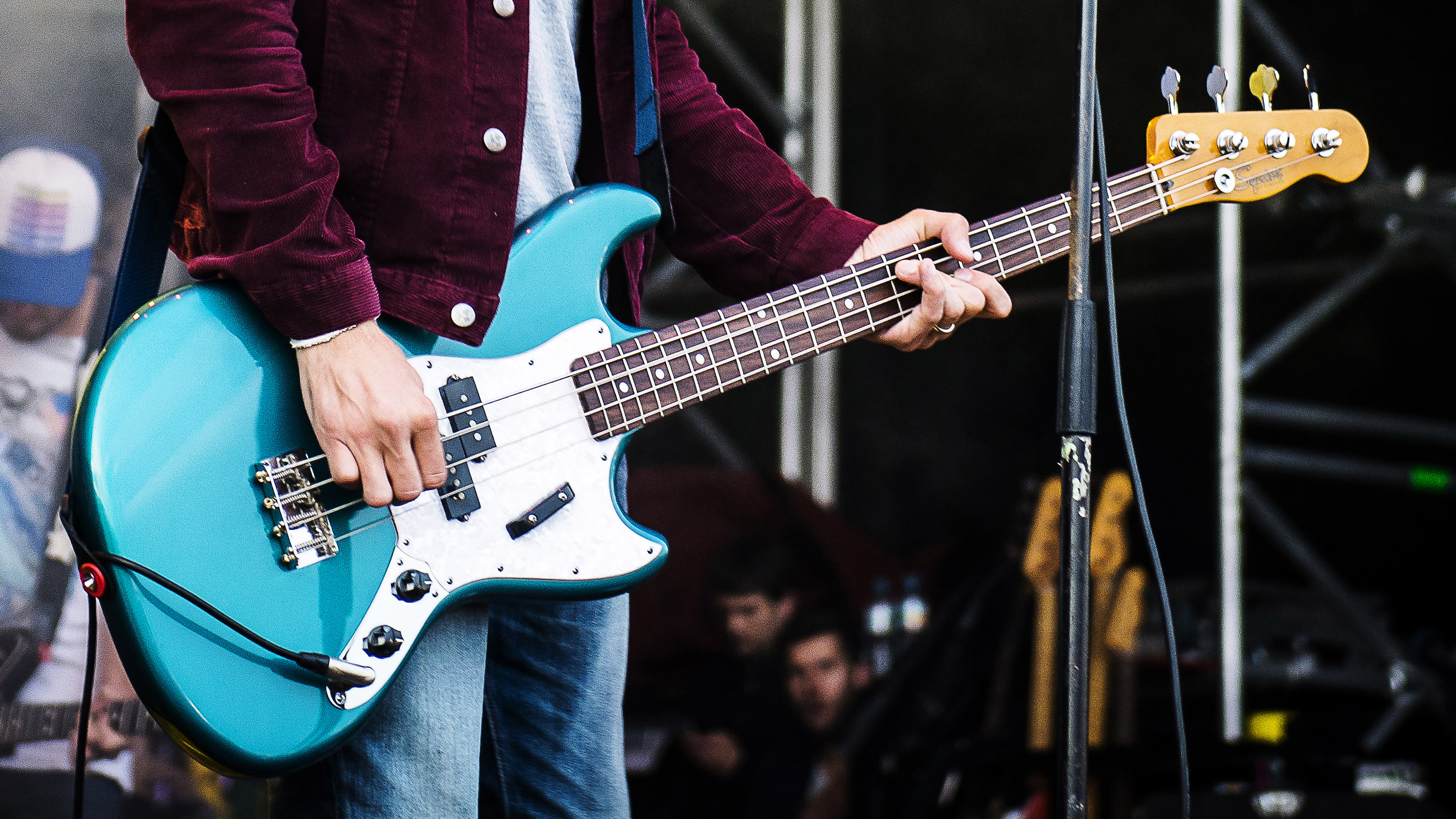
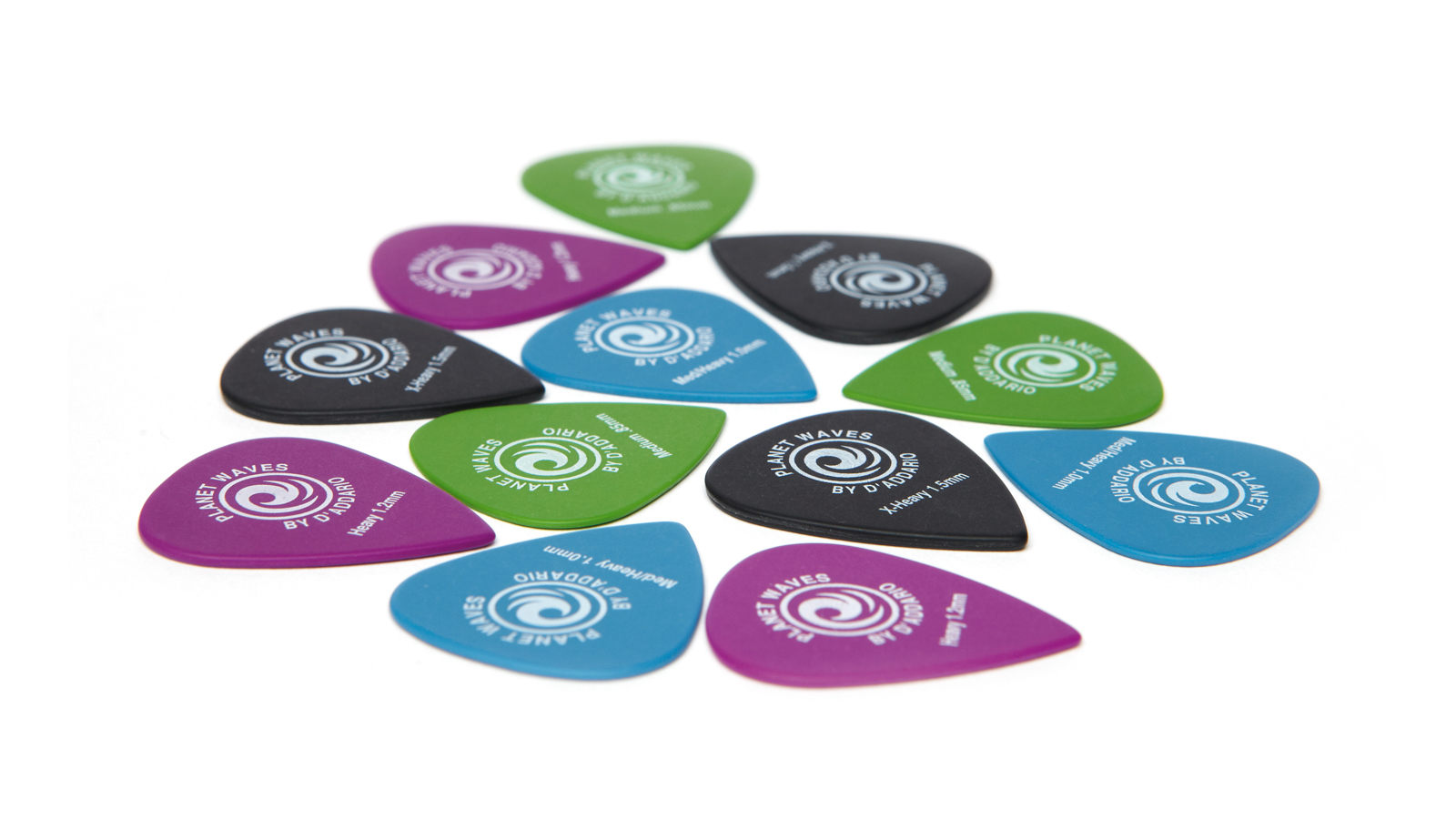
Our expert choice of the best plectrums for acoustic, electric and bass
There can be something of a purist mentality among bass players when it comes to the use of picks - but ultimately, guitar picks are just another tool in the arsenal of a bassist. The main reason to use a pick is to achieve a certain sound or tone. Picks bring out the brightness and grit of your bass, and heavier or louder types of music in particular can really benefit from that added growl - Though there's no limits on what you can or can't play with either.
Ultimately, tone should be your main motivation for using a pick. You can do almost everything technically with a pick that you can do with your fingers. You can play just as fast, just as percussively - It just brings a different quality, and that quality can make all the difference sometimes.
Get the MusicRadar Newsletter
Want all the hottest music and gear news, reviews, deals, features and more, direct to your inbox? Sign up here.
3. Discover the fun in rhythmic playing
Try to look at bass as primarily a rhythmic instrument and place more focus on the rhythmic side of playing than the melodic side. The best bassists are capable of both. While this doesn't mean bass playing has to be more regimented and workmanlike, it certainly does help to drill some rhythmic exercises involving syncopation. This can also be a fun way to create a bassline, or spice up one you have already written.
Practice with your drummer by only playing a note in union with their kick drum and eschew everything else. Use that as a building block to stack other notes on top and around, and see where it takes you.
4. Learn your favourite songs by ear
If you're stuck in a creative rut, it can be very helpful and even inspiring to pick a song that you love, break it down and learn how to play the bassline. Don't seek out tablature or tutorials right away, either - Just sit down with your bass, put the song on a loop and listen. Listen to the notes, the groove and the feeling. Become intricately familiar with how it should sound and then go through each section note for note.
This may sound laborious, but it can be a gratifying way of getting inside the musical minds of bands and artists you admire, and it really do a lot to further your understanding of the instrument.
5. Don't be afraid of effects
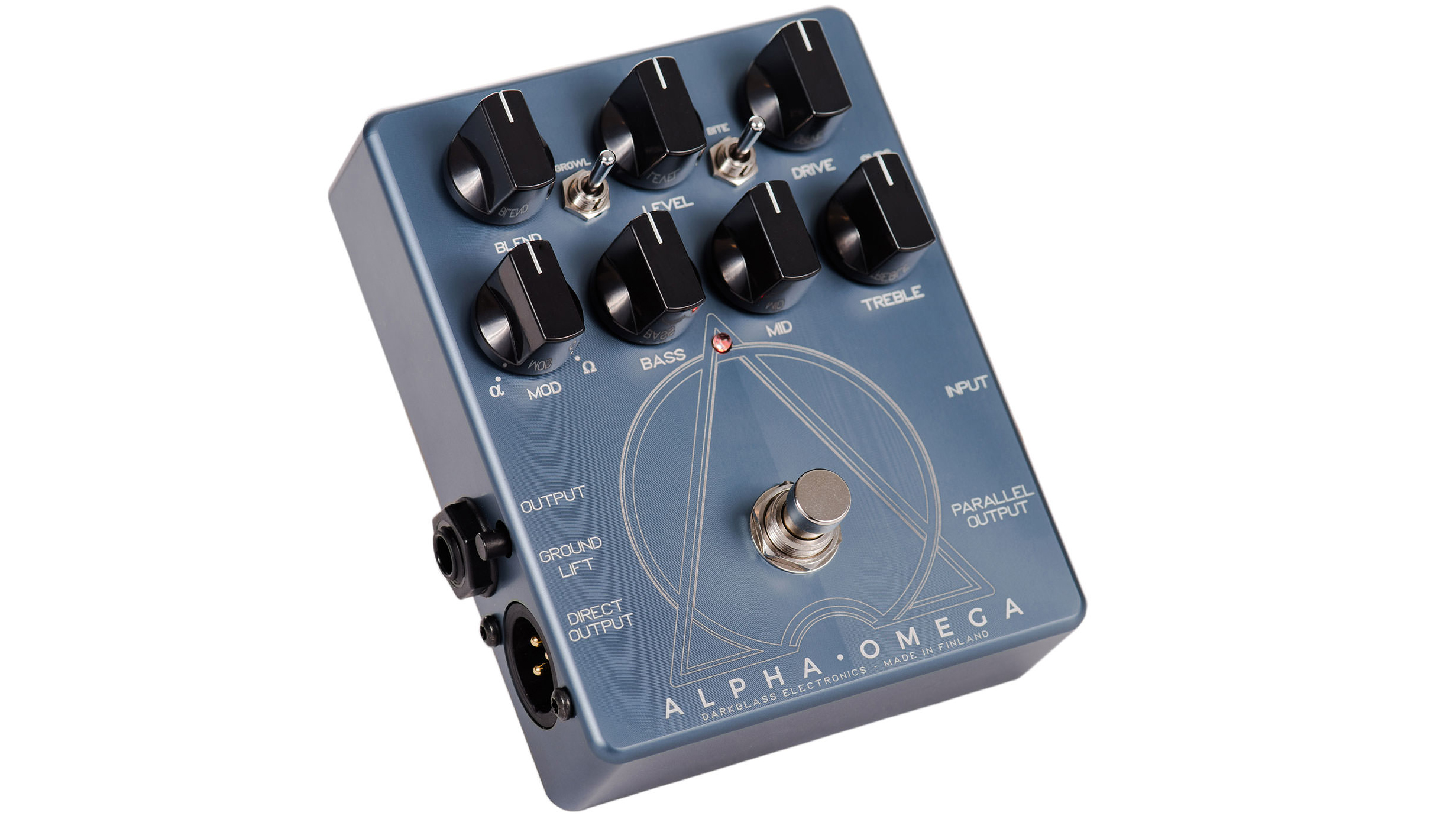
Sometimes, inspiration can stem from something as simple as playing a single note with a particular effect. Bass is sometimes seen as an instrument that has less scope for effects play than guitar, but that's not strictly true. The right sound with the right note can snowball into something great. Overdrive and fuzz pedals are two of the most natural effects you can use, but reverb is also an underutilised effect for bassists.
With a moderate amount of decay, try using volume swells during sparse sections where the bass traditionally stays silent. That is a simple but effective way of filling space and adding texture. With overdrives, focus on having them boost your mids and try playing an octave higher than you normally would. The lows and highs will take care of themselves.
6. Serve the song

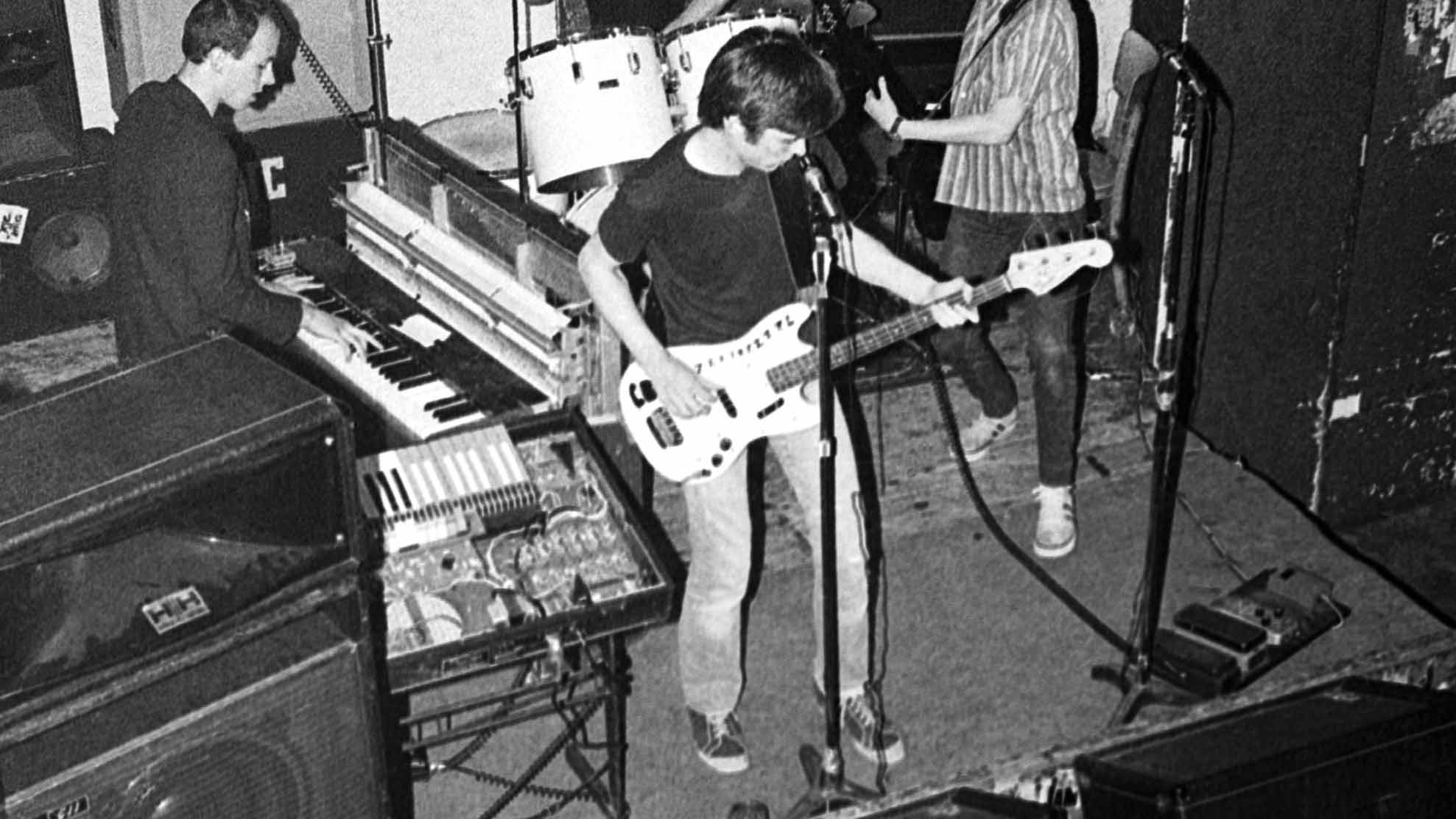
Every instrument can be considered a solo instrument, and bass is no exception. That said, bass also has a very special role within in any group. It is the glue which holds a song together, and the best bass players are much more interested in serving the song than they are their own ego.
Sometimes, a song just needs you to fall back and groove on 3 root notes while something else takes the lead. There's a joy to be found in playing the simpler things.
7. Make music
Pure technique without feeling is soulless
We play music to feel moved, and to move others. Passion is the reason we play, we express that passion through our playing and technique is something we are constantly improving out of necessity in order to enable us to better express ourselves. Pure technique without feeling is soulless, so don't be afraid of tearing up the rulebook a little bit. Allow accidents to happen and don't be afraid of hitting wrong notes sometimes.
Bass legend Victor Wooten has made a point out of sitting on awkward sounding notes, riding them out and committing to them - And as such, our ears stop perceiving them as mistakes. Happy accidents exist on bass too!
8. Read the rulebook before throwing it away
Tearing up the rulebook is a longstanding tradition in music, but it is a good idea to have at least taken a cursory glance at said rulebook before doing so. As with any instrument, It is important to have good fundamentals as a bass player. If like me you are self-taught, it's never too late to catch up on the theory side of things, even if you never intend to use it.
Just having some of that knowledge is a positive thing. Learn about the different modes, brush up on your scales, triads and arpeggios. Retain that knowledge, but don't be bound by it. Treat the rulebook as friendly advice rather than a strict law and you'll enjoy creating that much more.
10 classic bass guitar tones - and how to get them
Sam Drower is a sound engineer, musician and all-around music junkie based in Bristol, UK. He began contributing to MusicRadar in 2020, when the global pandemic brought live music to a screeching halt. When not behind the mixing desk for various bands, he is playing bass for blackened mathcore group Host Body.
“I’m beyond excited to introduce the next evolution of the MT15”: PRS announces refresh of tube amp lineup with the all-new Archon Classic and a high-gain power-up for the Mark Tremonti lunchbox head
“These guitars travel around the world and they need to be road ready”: Jackson gives Misha Mansoor’s Juggernaut a new lick of paint, an ebony fingerboard and upgrades to stainless steel frets in signature model refresh




